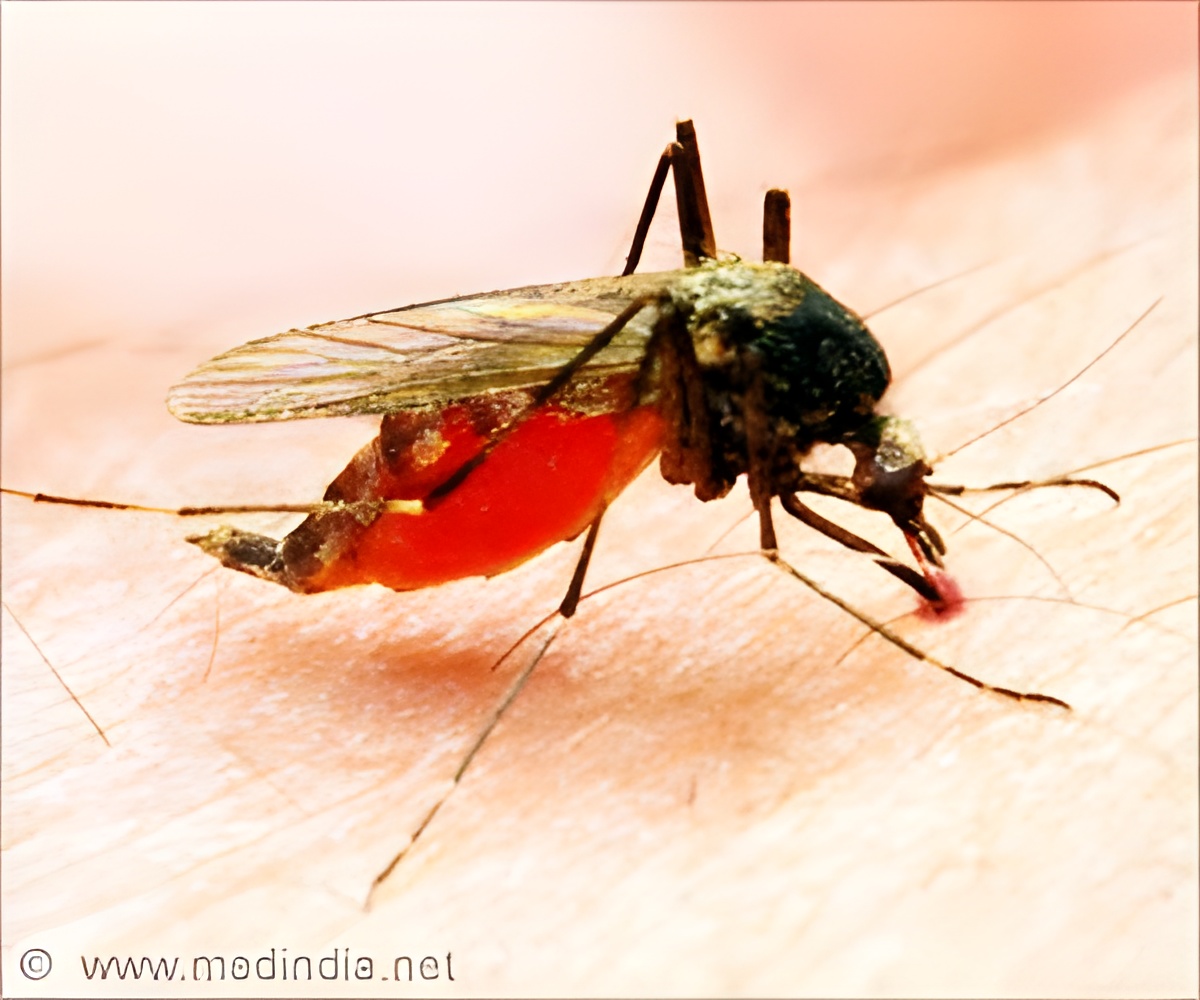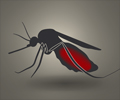A groundbreaking approach for malaria control could be achieved through the utilization of Delftia tsuruhatensis Tres Cantos 1 (TC1)-based products.

Delftia tsuruhatensis TC1 symbiont suppresses malaria transmission by anopheline mosquitoes
Go to source). It indicated the potential of TC1 to inhibit transmission of the parasite tohumans via the mosquito.The potentially ground-breaking research suggests that the laboratory findings could be successfully translated to the field for malaria control, said the team led by scientists at GSK pharma along with those from Johns Hopkins University in the US.
Revolutionizing Malaria Control: Delftia tsuruhatensis Tres Cantos 1 (TC1) Offers New Hope
“Delftia tsuruhatensis Tres Cantos 1 (TC1) is an entirely novel approach for malaria control, and has potential to further reduce the huge burden of malaria in endemic countries and is more evidence that through deploying a range of prevention approaches, we may be able to finally eradicate this terrible disease,” said Thomas Breuer, Chief Global Health Officer, GSK, in a statement. The scientists working on next generation malaria medicines observed mosquitoes from an An. stephensi colonies in their insectary were no longer able to sustain P. falciparum infection -- the most prevalent and fatal type of malaria in Africa, as well as other parts of the world.‘The bacterium Delftia tsuruhatensis Tres Cantos 1 (TC1) demonstrates the ability to substantially decrease the malaria parasite load in both the mosquito midgut and salivary glands. #malaria’





Experiments confirmed that a particular strain of Delftia tsuruhatensis, which has been named TC1, was responsible for the loss of infectivity. They then found that TC1 secretes very small quantities of a molecule, harmane, that inhibits early stages of P. falciparum development in the mosquito midgut. Importantly, mosquitoes exposed to either the TC1 bacterium or very low concentrations of harmane showed a significant reduction in the form of the Plasmodium parasite which is transmitted to humans by the bite of a mosquito. Once in the midgut, the bacterium stably populates the mosquito gut and P. falciparum inhibition lasts for more than 16 days and potentially for the entire mosquito lifespan. Delftia tsuruhatensis is a naturally occurring bacterium which is already widely distributed in different ecosystems (fresh and marine water, soil and plants) suggesting potential for safe release into the environment.
Mosquitoes do not release the bacterium with their saliva when feeding, suggesting it is not transmitted to humans. TC1 was effective in An. stephensi and An. gambiae mosquitoes which are the main vectors of malaria in the Indo-Iranian region and Africa.TC1 was also shown to inhibit two types of malaria parasite – P. falciparum which is the most prevalent type of malaria in Africa and the rodent malaria parasite P. berghei. These results suggest it has potential to inhibit the development of all malaria parasites which affect humans (P. vivax, P. ovale and P. malariae in addition to P. falciparum).Several characteristics of TC1 suggest there is low potential for either mosquitoes or the malaria parasite to develop resistance.
It does not impact the fitness or reproductive ability of the mosquito avoiding the selection of resistant mosquitoes.By targeting the parasite in the mosquito instead of in humans, parasite numbers are much smaller, so the chances of the parasite developing resistance are greatly reduced.
Reference:
- Delftia tsuruhatensis TC1 symbiont suppresses malaria transmission by anopheline mosquitoes - (https://pubmed.ncbi.nlm.nih.gov/37535741/)












